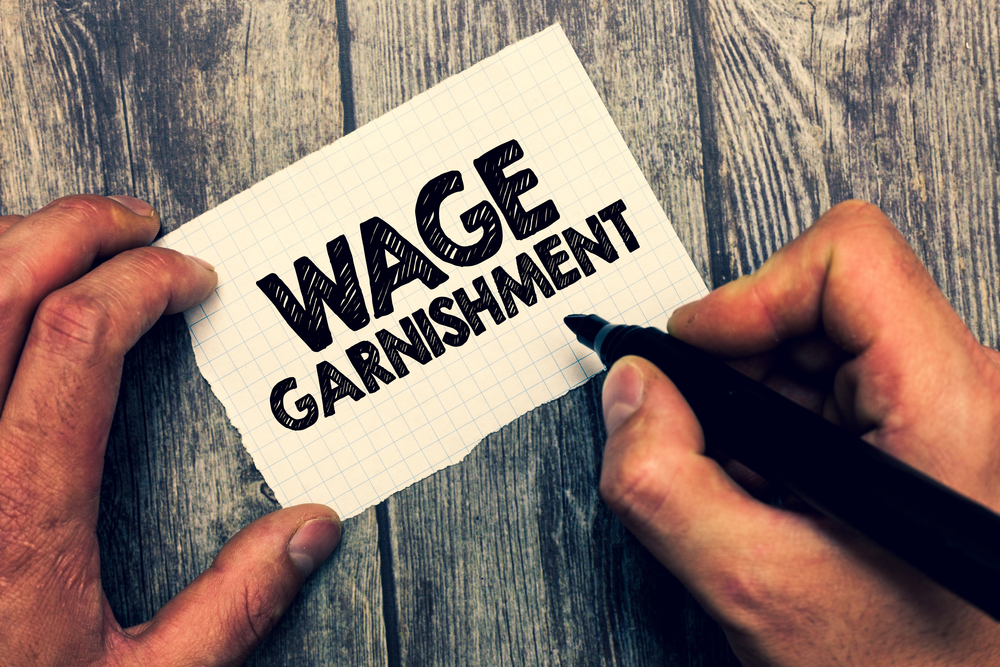Owing the IRS back taxes is an entirely different thing. It is nothing like owing your friends or a bank money. Creditors usually get help from a court whenever they have to garnish your income, for what you owe them. In the case of the IRS, they can levy your wages to cover for the back taxes without any court order in place. IRS wage garnishments can be appealed. Just bear the following tips in mind.
Take the Necessary Steps
IRS back taxes can take a toll on you. This legally complicated matter must be dealt with accordingly. You cannot just sit down and do nothing about it. Know your options when it comes to appealing your case so that the levy can be removed. IRS back tax help should be sought immediately once you receive a “notice to levy” from the IRS.
Appeal Immediately
The sooner you appeal, the better it will be for you. Act quickly when you receive the notice to levy, typically, within 30 days from receipt thereof. Contact the IRS immediately. The phone number is found on the notice to levy. An appeal may be made, if:
- There was an error with the tax assessment;
- You have paid your debt to the IRS in full;
- You currently qualify for innocent spouse relief;
- You have not made any appeals before;
- The debt’s statute of limitation has expired; and
- You were notified of the intent to levy while you were filing for bankruptcy.
Look for the IRS Form Needed for Filing
On the IRS website, you must look for the Form 12153. You must download and print out the form, complete it, and mail it back to the IRS division indicated on the notice to levy. You cannot scan and email or fax the document to the IRS division. The appeal must be mailed within 30 days of receiving the notice to levy.
Hire a Tax Resolution Specialist
Once the IRS has decided on your appeal, you are given 30 days to contest the decision so that you can avoid the wage garnishment. When you do so, you should make sure that you hire a tax debt resolution specialist to help you win the case. This is that part of the appealing process that is lengthy, complicated, and confusing. There are certain protocols that need to be followed in detail. The tax professional can make sure that every detail needed to contest the decision is met.
File for an Exemption
IRS wage garnishment is no different than a regular wage garnishment. You can file an exemption in court if you cannot afford the garnishment made by the IRS. Make sure that you prepare all the necessary documents that will support your argument for exemptions. You need to provide details about your finances, e.g. your number of dependents, total household income, mortgage or rent payments, and all other payments you make every month. You can also provide proof of any other circumstances that will affect your ability to finance the needs of your family. Once the court finds that you cannot afford the garnishment, it will instruct the IRS to release you from the levy.
Learn more about how the entire process works. Be well-informed on how you can make it less complicated. Appeal, mail it, and file for exemption. Ask a tax professional to help you.

